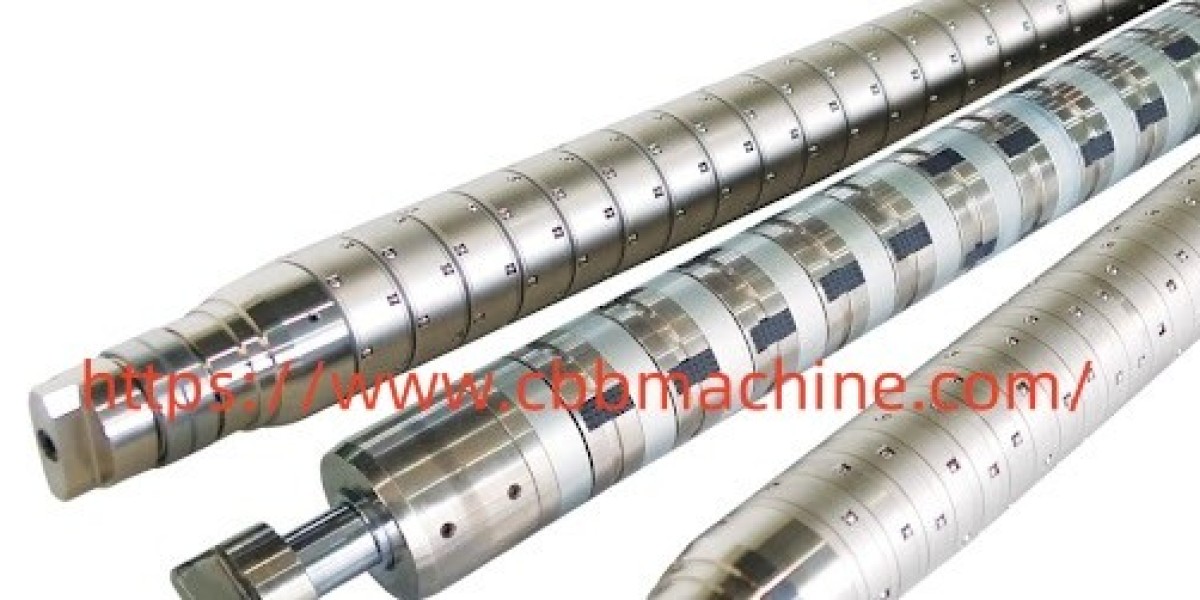Maintaining the perfect pool environment requires diligent monitoring and testing of water chemistry. An essential tool for achieving this is the pool electronic tester. At PoolWater Pro, we understand the importance of accurate water testing for ensuring safe and enjoyable swimming conditions. This comprehensive guide will delve into the features, benefits, and best practices associated with pool electronic testers, enabling you to make informed decisions for your pool maintenance.
What is a Pool Electronic Tester?
A pool electronic tester is a sophisticated device designed to measure various chemical parameters in pool water, including pH, chlorine levels, alkalinity, and more. Unlike traditional test kits that rely on colorimetric methods, electronic testers provide precise readings with minimal effort. These testers utilize advanced technology, such as sensors and microprocessors, to deliver accurate data quickly, making them an invaluable tool for pool owners and professionals alike.
Benefits of Using Pool Electronic Testers
1. Precision and Accuracy
The primary advantage of electronic testers is their ability to provide precise measurements. Unlike manual test kits that may yield subjective results based on color matching, electronic testers deliver objective data, reducing the risk of human error. This level of accuracy is crucial for maintaining optimal water chemistry and preventing potential health hazards.
2. Speed and Efficiency
Time is of the essence when it comes to pool maintenance. Electronic testers can provide readings within seconds, allowing pool owners to quickly assess water quality. This speed enables timely adjustments to chemical levels, ensuring that the pool remains safe for swimmers without prolonged delays.
3. Comprehensive Testing
Modern electronic testers can measure multiple parameters simultaneously. This comprehensive testing capability means that you can monitor pH, chlorine, and alkalinity levels in one go, simplifying the testing process. Some advanced models even provide readings for additional chemicals such as calcium hardness and cyanuric acid.
4. User-Friendly Design
Most electronic testers are designed for ease of use, often featuring intuitive interfaces and digital displays. This user-friendly approach means that even those new to pool maintenance can confidently operate these devices without extensive training.
Key Features to Look For
1. Sensor Quality
The accuracy of a pool electronic tester largely depends on the quality of its sensors. Look for testers equipped with high-quality electrodes that provide reliable and consistent readings. High-end models often feature replaceable sensors, allowing for long-term use without sacrificing accuracy.
2. Calibration Options
Regular calibration is essential for maintaining the precision of electronic testers. Choose a model that allows for easy calibration with standard solutions. This feature ensures that your tester remains accurate over time, accommodating any variations in sensor performance.
3. Connectivity and Data Logging
Some modern electronic testers offer connectivity features that enable users to log and track water quality data over time. This capability is beneficial for identifying trends and making informed decisions regarding pool maintenance. Look for testers that can connect to mobile apps or cloud services for enhanced data management.
4. Durability and Waterproof Design
Given the nature of pool environments, durability is a critical factor. Select a tester that is designed to withstand exposure to water and chemicals. Waterproof construction and robust materials will ensure longevity and reliable performance.
How to Use a Pool Electronic Tester
1. Preparing the Tester
Before testing, ensure that the device is clean and calibrated. If applicable, replace any worn or expired sensors. Follow the manufacturer’s instructions for preparing the tester to ensure optimal performance.
2. Collecting Water Samples
To obtain accurate readings, collect water samples from multiple areas of the pool, ideally around the skimmer and deep end. This practice helps account for variations in water chemistry throughout the pool.
3. Performing the Test
Submerge the electronic tester's probe into the water sample and wait for the device to provide readings. Most electronic testers will display results on a digital screen, allowing for easy interpretation.
4. Analyzing Results
Once you have the readings, compare them to the ideal water chemistry ranges:
pH: 7.2 to 7.8
Chlorine: 1 to 3 ppm (parts per million)
Alkalinity: 80 to 120 ppm
If any parameters are out of range, make the necessary adjustments to your pool chemicals.
5. Regular Maintenance
Incorporate electronic testing into your regular pool maintenance routine. Testing at least once a week during peak season helps ensure consistent water quality and minimizes potential issues.
Top Pool Electronic Testers in the Market
**1. Pool Water Pro Smart Tester
The Pool Water Pro Smart Tester offers advanced features such as multi-parameter testing, Bluetooth connectivity for data logging, and a robust waterproof design. With high-quality sensors and a user-friendly interface, this model is perfect for both beginners and seasoned pool owners.
2. AquaChek Trutest Digital Reader
AquaChek Trutest is renowned for its precision and ease of use. This digital reader is capable of measuring pH and chlorine levels with reliable accuracy, making it a popular choice among pool enthusiasts.
3. LaMotte ColorQ Pro 7
For professionals requiring extensive testing capabilities, the LaMotte ColorQ Pro 7 offers a comprehensive solution. With the ability to test for seven different parameters, this device is ideal for maintaining larger or commercial pools.
Conclusion
Investing in a pool electronic tester is essential for any pool owner committed to maintaining a safe and enjoyable swimming environment. The precision, speed, and ease of use offered by these devices make them invaluable tools for effective pool management. At PoolWater Pro, we recommend incorporating electronic testing into your routine to ensure optimal water quality year-round. By choosing the right tester and following best practices, you can enhance your pool maintenance experience and enjoy crystal-clear water all season long.







